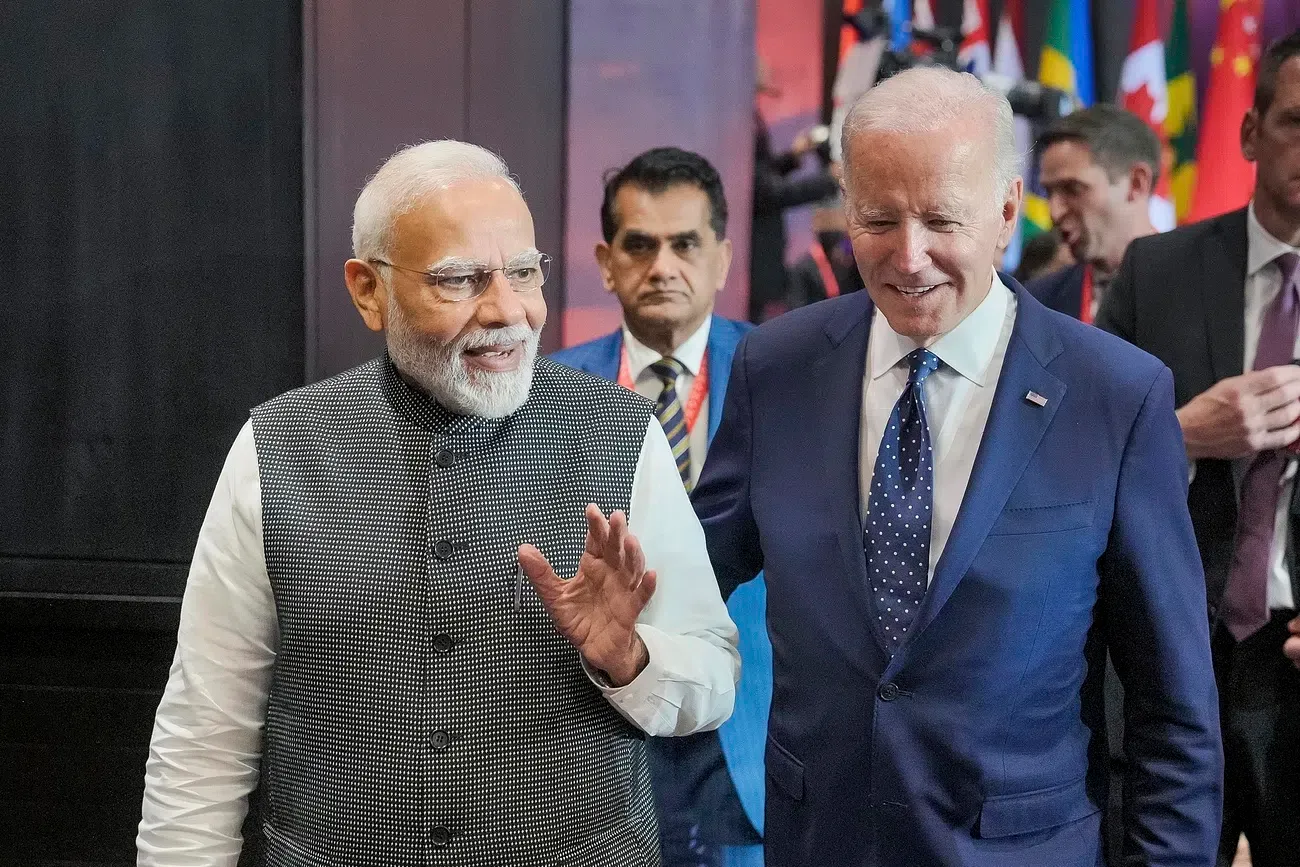India’s recent announcement of tech import restrictions has set off alarms in the US as business leaders claim the move will damage New Delhi’s ambitions to become a global manufacturing hub and will harm consumers. Several American trade groups asked the government to urge India to reconsider the policy, which will see the country impose a new license requirement for technology imports from November 1, covering everything from laptops and tablets to servers and datacenter components.
India didn’t give a reason for the change in rules, but the move is thought to be an effort to boost local manufacturing, forming another branch in Prime Minister Narendra Modi’s “Make in India” campaign to encourage domestic manufacturing in the tech sector.
The trade groups said the move “could significantly disrupt trade, hamper efforts to more closely integrate India into global supply chains, and harm businesses and consumers in both countries. U.S. trade organizations such as the Information Technology Industry Council, the National Association of Manufacturers, and the Semiconductor Industry Association have expressed concerns over the proposed licensing regulations. They believe these could hinder the delivery of U.S.-produced electronics and computers to India, restrict the seamless movement of products, and make business processes more complex for all nations concerned.
India has been actively promoting itself as a global tech manufacturing hub through various strategies and initiatives. The goal is to reduce the country’s dependency on tech imports, generate employment, boost economic growth, and position itself as a major player in the global tech supply chain.
Launched in 2014, the “Make in India” initiative is aimed at promoting the country as an attractive manufacturing destination. The initiative focuses on multiple sectors, including electronics and IT. Through policy reforms, the government seeks to increase the ease of doing business in India, leading to higher foreign and domestic investments in manufacturing.
The Electronics Manufacturing Clusters (EMCs) scheme supports setting up of both greenfield and brownfield EMCs to provide a world-class infrastructure for electronics manufacturing units in the country.
Launched in 2020, the Production Linked Incentive (PLI) scheme offers companies incentives on incremental sales from products manufactured in India. Initially rolled out for large-scale electronics manufacturing (especially mobile phones and specified electronic components), the scheme was later expanded to other sectors.
The National Policy on Electronics (NPE) aims to promote domestic manufacturing and export in the entire value-chain of electronics. It includes creating an environment for the industry to compete globally, fostering the manufacturing of electronic components and semiconductors, and building a robust MSME (Micro, Small & Medium Enterprises) ecosystem.
Efforts are being made to develop industrial corridors and smart cities with state-of-the-art technology to attract foreign investment. Special Economic Zones (SEZs) with tax and export incentives are also being established.
To ensure the availability of skilled labor, the government, in partnership with private entities, is launching skill development programs. The focus is on upskilling and reskilling the workforce to meet the demands of advanced manufacturing sectors.
Emphasis is also being placed on research and development to foster innovation. The government is promoting setting up of R&D centers and is partnering with academic institutions and industries for collaborative research.
To promote domestic manufacturing, India has occasionally placed tariffs and import restrictions on certain tech products – much like it is doing now regarding US tech companies.
At the same time, India has been actively engaging with major global tech firms, such as Apple, Samsung, and Foxconn, to set up or expand their manufacturing bases in India. This not only creates job opportunities but also brings technological know-how to the country. Efforts are ongoing to attract foreign direct investments (FDIs) through promotional events, investor summits, and more transparent investment procedures.
Despite these efforts, challenges remain, including bureaucratic red tape, infrastructural bottlenecks, and land acquisition issues. However, with continued reforms and strategic planning, India hopes to position itself prominently in the global tech manufacturing landscape. The greater question, is how will this impact American businesses?
